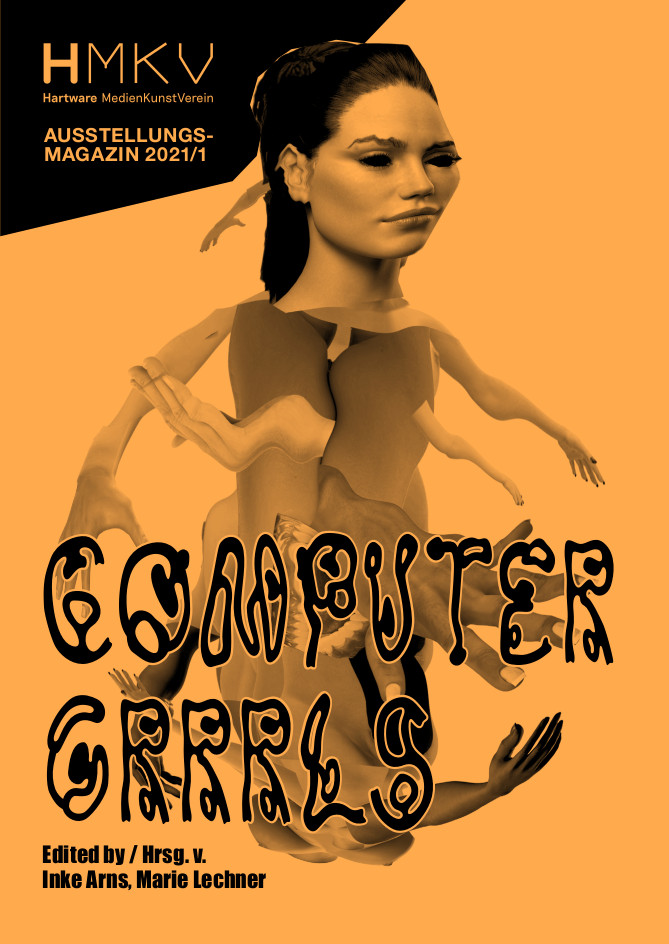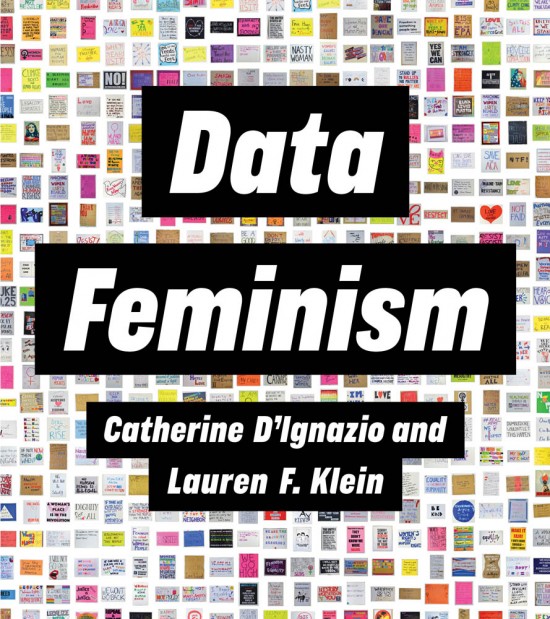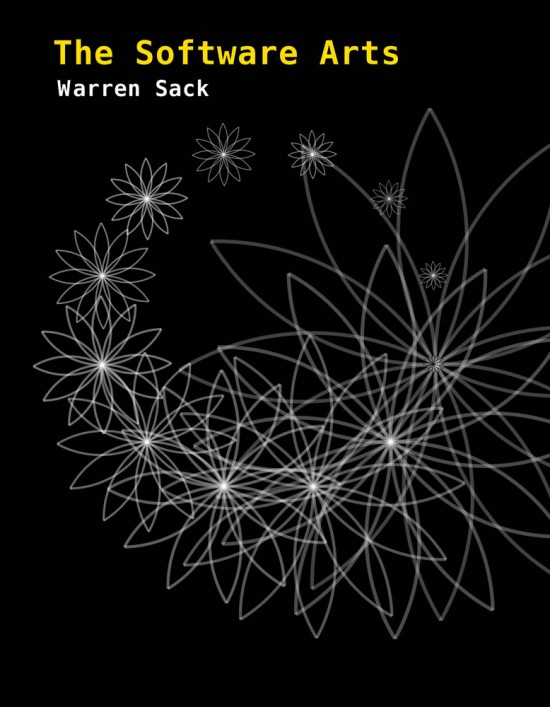Inke Arns, Marie Lechner (eds.): Computer Grrrls (2021) [German/English]
Filed under catalogue | Tags: · algorithm, artificial intelligence, big data, cyberfeminism, hacking, internet, technofeminism, technology, women

“Computer Grrrls brings together 23 international artistic positions that negotiate the complex relationship between gender and technology in past and present. The book deals with the link between women and technology from the first human computers to the current revival of technofeminist movements. An illustrated timeline with over 200 entries covers these developments from the 18th century to the present day.
The publication presents artists, hackers, makers and researchers who are working on how to think differently about technology: by questioning the gender bias in big data and artificial intelligence, promoting an open and diversified Internet, and designing utopian technologies.
The perspectives presented here address a broad range of topics: electronic colonialism, the place of minorities on the Internet, the sexist bias of algorithms, the dangerous dominance of white men in the development of artificial intelligence and digital surveillance, but also ideas on how we can change our traditional ways of thinking.
Artists included: Morehshin Allahyari, Manetta Berends, Zach Blas & Jemima Wyman, Nadja Buttendorf, Elisabeth Caravella, Jennifer Chan, Aleksandra Domanović, Louise Drulhe, Elisa Giardina Papa, Darsha Hewitt, Lauren Huret, Hyphen-Labs, Dasha Ilina, Roberte la Rousse, Mary Maggic, Caroline Martel, Lauren Moffatt, Simone C. Niquille, Jenny Odell, Tabita Rezaire, Erica Scourti, Suzanne Treister, Lu Yang.”
Publisher Kettler, Dortmund, and HMKV, Dortmund, May 2021
Open access
ISSN 2629-2629
ISBN 9783862069071
191 pages
HT coco
Publisher
Publisher
Exhibition (HMKV, 2018-2019)
PDF, PDF (59 MB, updated on 2024-8-27)
Comment (0)Catherine D’Ignazio, Lauren F. Klein: Data Feminism (2020)
Filed under book | Tags: · big data, data, data visualisation, emotion, feminism, gender, identity, labour, racism, research, science, statistics

“Today, data science is a form of power. It has been used to expose injustice, improve health outcomes, and topple governments. But it has also been used to discriminate, police, and surveil. This potential for good, on the one hand, and harm, on the other, makes it essential to ask: Data science by whom? Data science for whom? Data science with whose interests in mind? The narratives around big data and data science are overwhelmingly white, male, and techno-heroic. In Data Feminism, Catherine D’Ignazio and Lauren Klein present a new way of thinking about data science and data ethics—one that is informed by intersectional feminist thought.
Illustrating data feminism in action, D’Ignazio and Klein show how challenges to the male/female binary can help challenge other hierarchical (and empirically wrong) classification systems. They explain how, for example, an understanding of emotion can expand our ideas about effective data visualization, and how the concept of invisible labor can expose the significant human efforts required by our automated systems. And they show why the data never, ever “speak for themselves.”
Data Feminism offers strategies for data scientists seeking to learn how feminism can help them work toward justice, and for feminists who want to focus their efforts on the growing field of data science. But Data Feminism is about much more than gender. It is about power, about who has it and who doesn’t, and about how those differentials of power can be challenged and changed.”
Publisher MIT Press, 2020
strong Ideas series
Creative Commons CC BY-NC-ND license
ISBN 9780262044004, 0262044005
xii+314 pages
Interviews with authors: Jason Forrest (Nightingale, 2019), Zoë Corbyn (The Guardian, 2020).
Book website
Author
Publisher
WorldCat
HTML (updated on 2021-10-18)
PDF (39 MB)
Warren Sack: The Software Arts (2019)
Filed under book | Tags: · algorithm, art history, big data, computing, history of technology, language, logic, programming, software, software art, software studies, translation

“In The Software Arts, Warren Sack offers an alternative history of computing that places the arts at the very center of software’s evolution. Tracing the origins of software to eighteenth-century French encyclopedists’ step-by-step descriptions of how things were made in the workshops of artists and artisans, Sack shows that programming languages are the offspring of an effort to describe the mechanical arts in the language of the liberal arts.
Sack offers a reading of the texts of computing—code, algorithms, and technical papers—that emphasizes continuity between prose and programs. He translates concepts and categories from the liberal and mechanical arts—including logic, rhetoric, grammar, learning, algorithm, language, and simulation—into terms of computer science and then considers their further translation into popular culture, where they circulate as forms of digital life. He considers, among other topics, the “arithmetization” of knowledge that presaged digitization; today’s multitude of logics; the history of demonstration, from deduction to newer forms of persuasion; and the post-Chomsky absence of meaning in grammar. With The Software Arts, Sack invites artists and humanists to see how their ideas are at the root of software and invites computer scientists to envision themselves as artists and humanists.”
Publisher MIT Press, 2019
ISBN 9780262039703, 0262039702
xx+375 pages
PDF (19 MB)
Comment (0)
